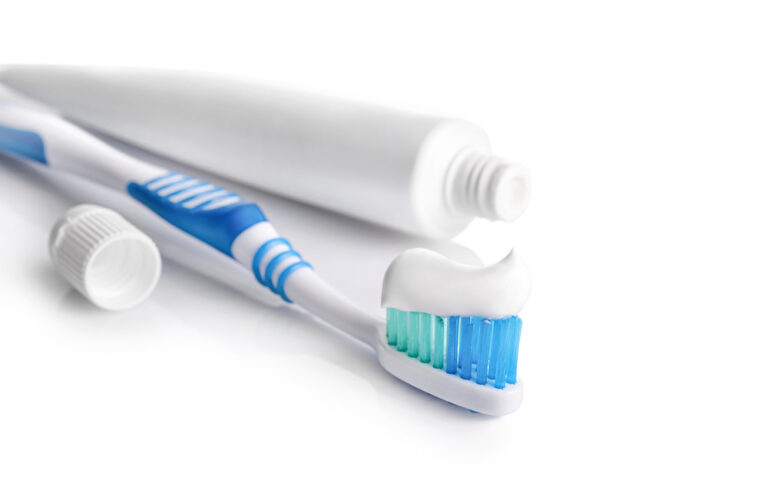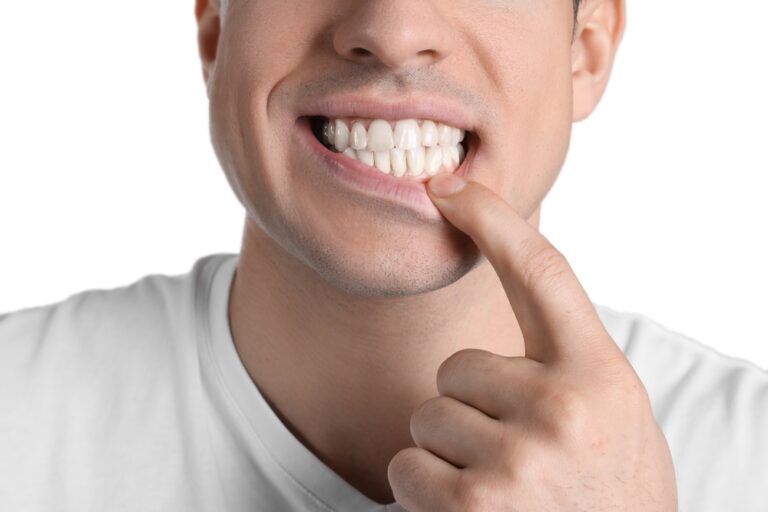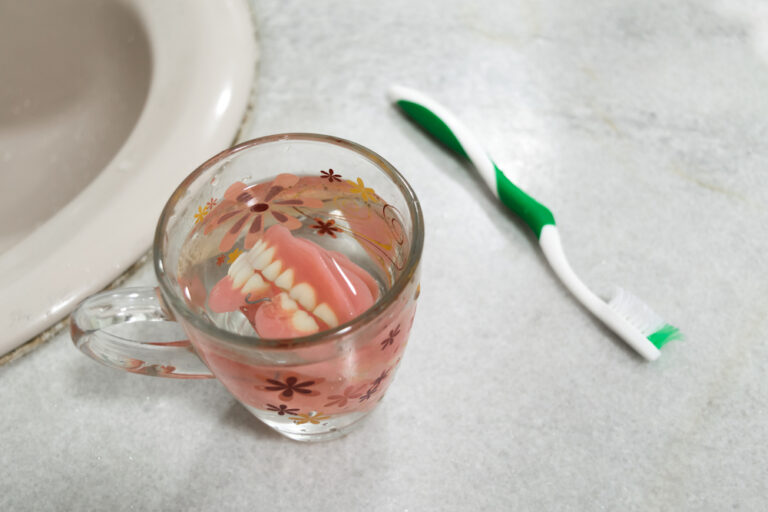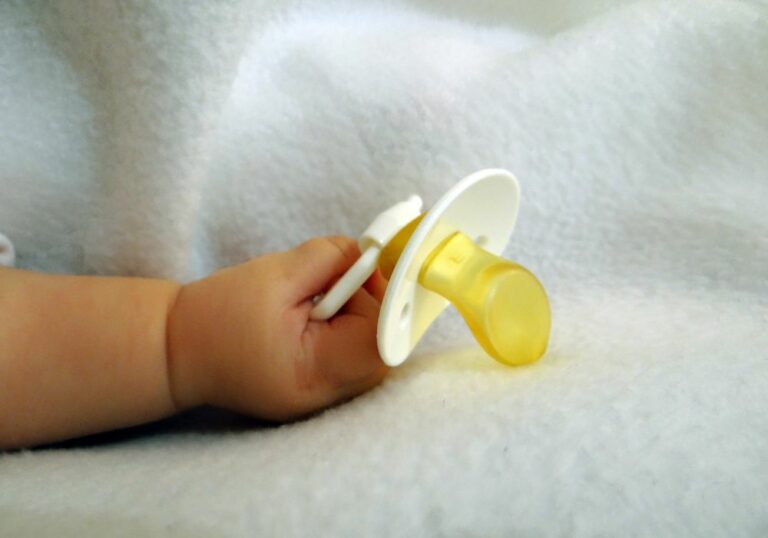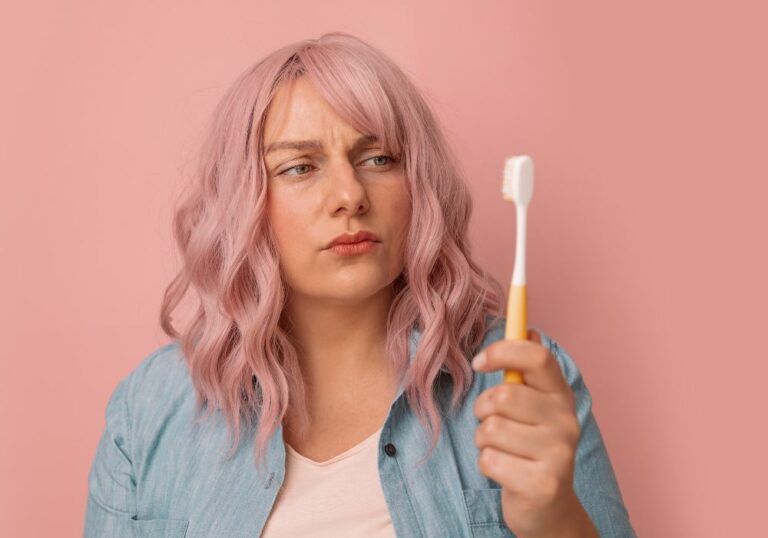Do you grind your teeth at night? If so, you’re not alone. Teeth grinding, or bruxism, affects many people, and it can happen during the day or while you’re sleeping. While occasional teeth grinding is usually nothing to worry about, frequent or severe grinding can lead to dental problems, headaches, and other issues. So, when should you be concerned about teeth grinding?
If you’re experiencing any of the symptoms of bruxism, such as jaw pain, headaches, or worn-down teeth, it’s a good idea to talk to your dentist. They can examine your teeth and jaw and help determine the cause of your grinding. In some cases, treating an underlying condition, such as sleep apnea or anxiety, can help reduce teeth grinding. Your dentist may also recommend a mouthguard to protect your teeth from further damage.
Overall, if you’re grinding your teeth frequently or experiencing any symptoms of bruxism, it’s important to take action. Ignoring the problem can lead to more serious dental issues down the line. By talking to your dentist and taking steps to reduce grinding, you can protect your teeth and avoid unnecessary pain and discomfort.
Understanding Teeth Grinding
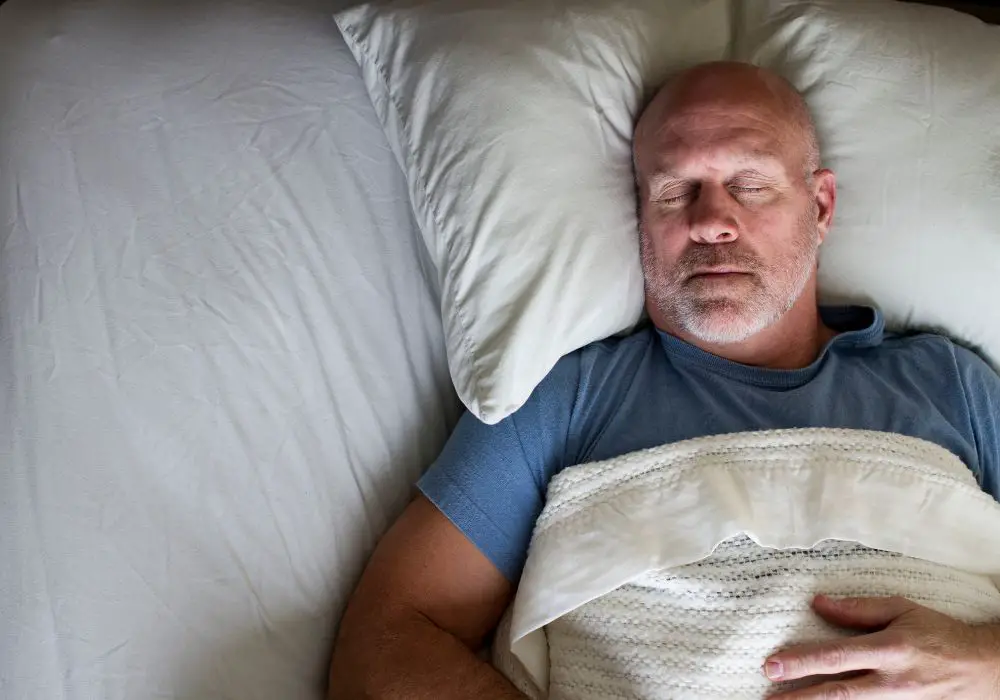
What is Teeth Grinding?
Teeth grinding, also known as bruxism, is a condition where you grind, clench, or gnash your teeth. This can happen during the day or at night while you sleep. Teeth grinding can be classified as either primary or secondary bruxism. Primary bruxism is when the cause is unknown, while secondary bruxism is when the cause is due to an underlying medical condition or medication.
Teeth grinding is a common condition that affects both adults and children. According to Verywell Health, at least 15% of children and teens and about 8% of adults grind their teeth. Teeth grinding can cause a variety of symptoms, including headaches, jaw pain, and worn-down teeth.
Common Causes of Teeth Grinding
Teeth grinding can be caused by a variety of factors, including stress, anxiety, and sleep disorders. Here are some common causes of teeth grinding:
- Stress and anxiety: Stress and anxiety can cause you to clench your jaw and grind your teeth. This can happen during the day or at night while you sleep.
- Sleep disorders: Sleep disorders, such as sleep apnea, can cause you to grind your teeth while you sleep. Sleep apnea is a condition where your breathing is interrupted during sleep.
- Medications: Certain medications, such as antidepressants, can cause you to grind your teeth.
- Abnormal bite: An abnormal bite can cause you to grind your teeth.
If you are experiencing symptoms of teeth grinding, it is important to seek treatment. Your dentist can help you determine the cause of your teeth grinding and recommend the appropriate treatment. Treatment options may include a mouthguard, stress management techniques, and in some cases, medication.
Identifying Teeth Grinding
If you’re wondering whether you grind your teeth, there are a few signs and symptoms to look out for. Additionally, your dentist can diagnose teeth grinding during a routine dental exam.
Signs and Symptoms
Here are some common signs and symptoms of teeth grinding:
- Worn-down teeth: If your teeth have become flattened, chipped, or fractured, it could be a sign of teeth grinding.
- Jaw pain: Teeth grinding can cause pain in your jaw, neck, or face.
- Headaches: Frequent headaches, especially in the morning, can be a sign of teeth grinding.
- Ear pain: Teeth grinding can cause earaches or a sensation of fullness in your ears.
- Tired or tight jaw muscles: If your jaw muscles feel tired or tight, it could be a sign of teeth grinding.
- Disrupted sleep: Teeth grinding can cause you to wake up frequently during the night or experience restless sleep.
Diagnosing Teeth Grinding
Your dentist can diagnose teeth grinding during a routine dental exam. During the exam, your dentist will look for signs of teeth grinding, such as wear and tear on your teeth or tenderness in your jaw muscles.
If your dentist suspects that you grind your teeth, they may recommend a sleep study to determine the severity of your teeth grinding. A sleep study can also help identify any underlying sleep disorders that may be contributing to your teeth grinding.
In some cases, your dentist may recommend a mouthguard to protect your teeth from further damage caused by grinding. A mouthguard can also help alleviate some of the symptoms of teeth grinding, such as jaw pain and headaches.
If you’re experiencing any of the signs or symptoms of teeth grinding, it’s important to talk to your dentist. With early intervention and treatment, you can prevent further damage to your teeth and alleviate any discomfort caused by teeth grinding.
When to Be Concerned
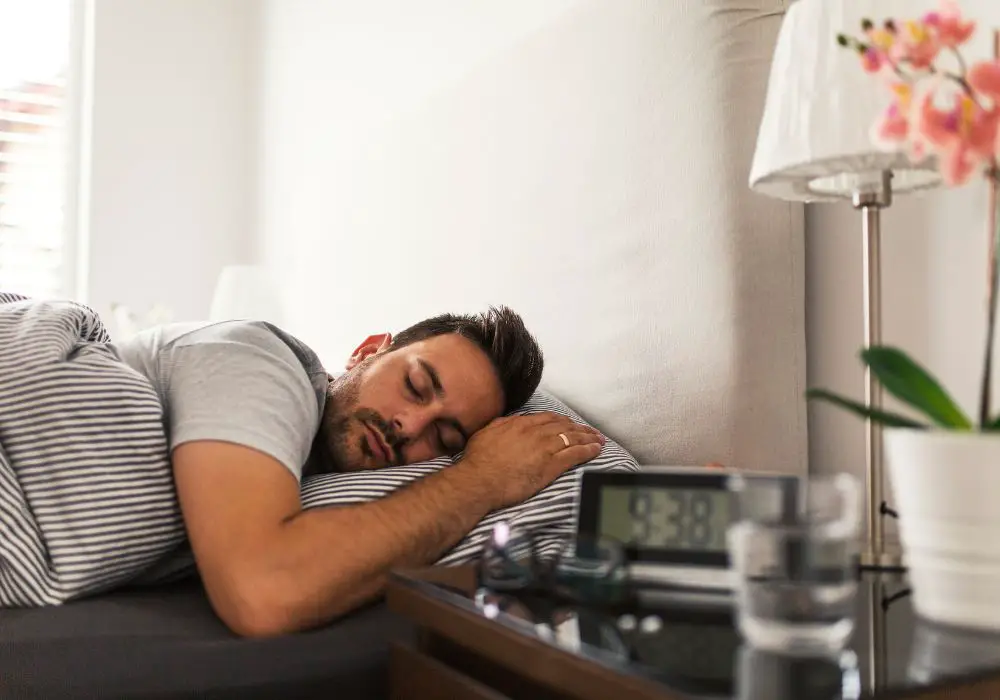
If you grind your teeth occasionally, it is usually not a cause for concern. However, if you find yourself grinding your teeth regularly, you should be aware of the potential impact on your dental and overall health.
Impact on Dental Health
Grinding your teeth can lead to various dental problems, including:
- Tooth sensitivity
- Cracked or chipped teeth
- Worn down enamel
- Gum recession
- Jaw pain or discomfort
- Headaches
If left untreated, these dental issues can lead to further complications, such as tooth decay, gum disease, and even tooth loss. Therefore, if you are experiencing any of these symptoms, it is important to consult with your dentist.
Effect on Overall Health
In addition to dental problems, teeth grinding can also affect your overall health. When you grind your teeth, it can cause tension in your jaw and facial muscles, leading to headaches and neck pain. Additionally, grinding your teeth can disrupt your sleep, leading to daytime fatigue and irritability.
Furthermore, teeth grinding has been linked to sleep disorders, such as sleep apnea, which can have serious health consequences if left untreated. Therefore, if you are experiencing any of these symptoms, it is important to speak with your healthcare provider.
Overall, if you are grinding your teeth regularly, it is important to seek professional advice. Your dentist or healthcare provider can help you determine the cause of your teeth grinding and provide you with the appropriate treatment to prevent further damage to your teeth and overall health.
Preventive Measures
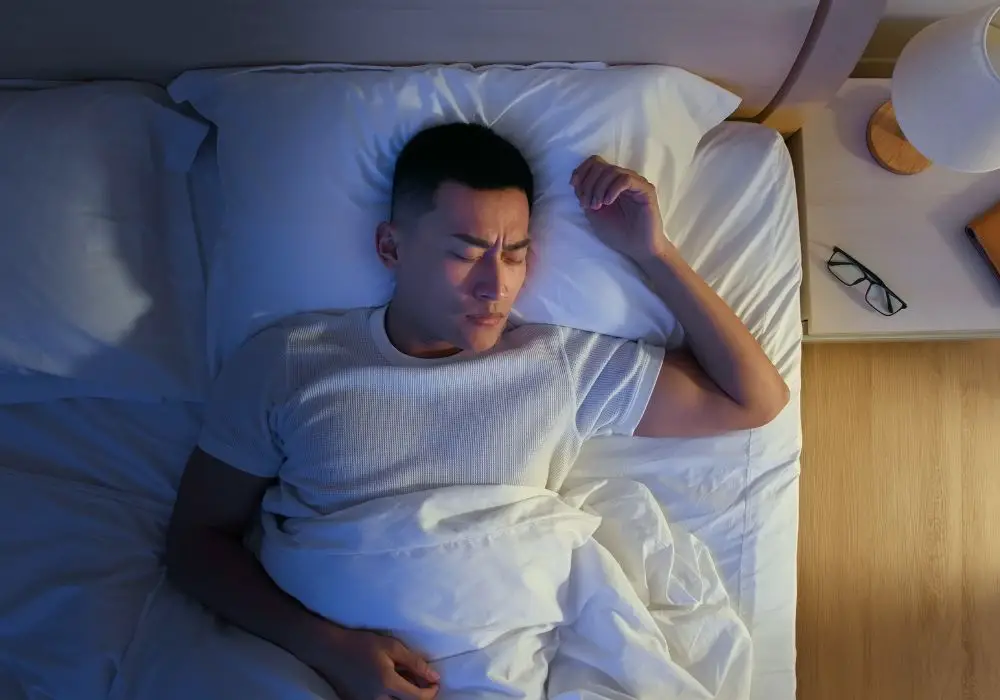
If you grind your teeth, there are preventive measures that you can take to minimize the frequency and severity of your symptoms. Here are some tips that you can try:
Lifestyle Changes
- Stress Management: Stress is a common trigger for teeth grinding, so finding ways to manage stress can be helpful. You can try relaxation techniques such as deep breathing exercises, yoga, or meditation.
- Avoid Stimulants: Avoid consuming stimulants such as caffeine, tobacco, and alcohol before bedtime. These substances can increase the likelihood of teeth grinding.
- Get Enough Sleep: Getting enough sleep can help reduce stress and prevent teeth grinding. Aim for at least 7-8 hours of sleep each night.
Medical Interventions
- Mouthguards and Splints: Mouthguards are a type of occlusal splint that may be helpful for sleep bruxism. They work by cushioning your teeth and stopping them from grinding against each other. Your dentist can custom-fit a mouthguard for you.
- Botox Injections: Botox injections can be used to relax the muscles responsible for teeth grinding. This treatment is typically reserved for severe cases of bruxism.
- Medications: In some cases, your doctor may prescribe medications such as muscle relaxants or antidepressants to help reduce teeth grinding.
It’s important to note that while these preventive measures can be helpful, they may not completely eliminate teeth grinding. If you are concerned about your teeth grinding, it’s best to speak with your dentist or doctor for further evaluation and treatment options.
Frequently Asked Questions
Why do you clench your teeth without noticing?
Clenching your teeth unconsciously or without noticing is often a sign of stress or anxiety. It can also be a habit that you have developed over time. Some people clench their jaw when they are concentrating on a task or when they are deep in thought.
How to stop clenching jaw when sleeping?
If you clench your jaw while sleeping, there are several things you can do to stop it. One of the most effective ways is to wear a mouthguard while you sleep. This will help to protect your teeth and prevent you from grinding them. You can also try relaxation techniques such as meditation or yoga to help reduce stress and anxiety.
What are the symptoms of grinding teeth in sleep?
The symptoms of grinding your teeth in your sleep can include headaches, jaw pain, and tooth sensitivity. You may also notice that your teeth are worn down or chipped. If you sleep with a partner, they may hear you grinding your teeth at night.
How long does teeth grinding pain last?
The length of time that teeth grinding pain lasts can vary depending on the severity of the condition. In some cases, the pain may go away on its own after a few days. However, if the pain persists, you should see a dentist or doctor for treatment.
How to relieve tooth pain from grinding?
To relieve tooth pain from grinding, you can try using an ice pack or taking over-the-counter pain medication such as ibuprofen or acetaminophen. You can also try using a warm compress to help relax your jaw muscles.
When is teeth grinding a concern?
Teeth grinding is a concern when it becomes a chronic habit that causes damage to your teeth, jaw, or gums. If you are experiencing frequent headaches, jaw pain, or tooth sensitivity, you should see a dentist or doctor for treatment. They can help you identify the underlying cause of your teeth grinding and recommend appropriate treatment options.

